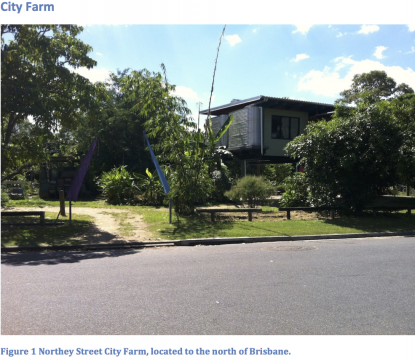"What do Native Americans, Costa Ricans, Thai villagers, Hispanic students in U.S. colleges, Indian independence activists and Maasai women have in common? They’ve all organized long marches as part of campaigns for justice. Their campaigns’ very different choices about how to use the tactic raises strategic questions for us today. In some campaigns the long march was used primarily to heighten awareness, while in others it was to gain new allies. Sometimes it was used to launch other kinds of direct action.
url:
http://www.nationofchange.org/long-walk-justice-1333295330




